Welcome ANTIDOTE Institute Program 2024 – 2026 Cohort
The ANTIDOTE Institute, initiated in 2021 as a collaborative endeavor supported by ACMT, The ToxInnovation Lab (UMASS), and The Chai Lab (Harvard Medical School.) The program recieved funding support from NIH/NIDA in 2023 to grow the program from a one to a two-year opportunity for fellows and junior faculty to begin to develop their own area of investigation, network with peers and experienced investigators in the field, and gather practical knowledge on topics core to developing a successful research program.
ACMT is thrilled to announce the 2024 - 2026 cohort! Learn more about each of them below:
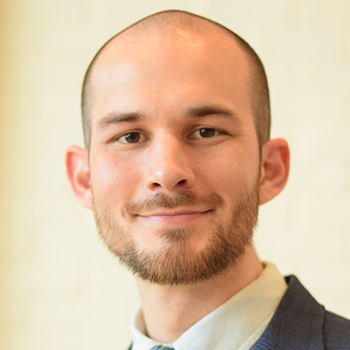
Matthew Dernbach, MD
Matthew R. Dernbach, MD is a board-certified psychiatrist and first-year medical toxicology fellow at Emory University and the Centers for Disease Control and Prevention. He is a graduate of Yale University and the University of Rochester School of Medicine and Dentistry, and completed his residency in psychiatry at the Medical University of South Carolina. His research interests lie at the interface of mental health, addiction and medical toxicology, with an emphasis on the continuity of care for patients who present to the Emergency Department due to an overdose.
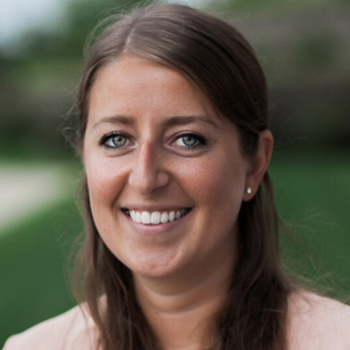
Charlotte Goldfine, MD
Charlotte Goldfine, MD is an emergency medicine physician and medical toxicologist at Brigham and Women’s Hospital (BWH). She is the course director for the Harvard-Affiliated Emergency Medicine Residency toxicology core rotation and the BWH site fellowship director for the Harvard Toxicology Fellowship. Her research is focused on medication safety, medical education, and advances in digital health technologies, novel therapeutics, and drug-delivery systems in the treatment of substance use disorders.
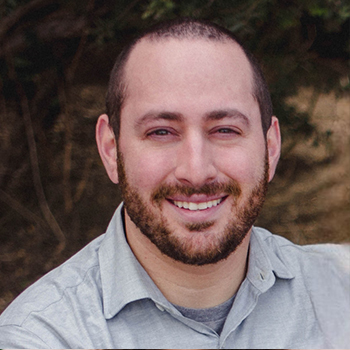
Jacob Lebin, MD
Jacob Lebin, MD is faculty in the Department of Emergency Medicine at the University of Colorado School of Medicine. He is a graduate of the University of Colorado at Boulder and the University of Colorado School of Medicine. Dr. Lebin completed his residency in emergency medicine at the University of Washington and his medical toxicology fellowship at the University of California, San Francisco. His clinical time is split between the University of Colorado Hospital’s emergency department and the medical toxicology consultation service associated with the Rocky Mountain Poison Center. His research interests include best practices for the management of alcohol withdrawal and the use of clinical decision support for ED-based treatment of alcohol and opioid use disorder.
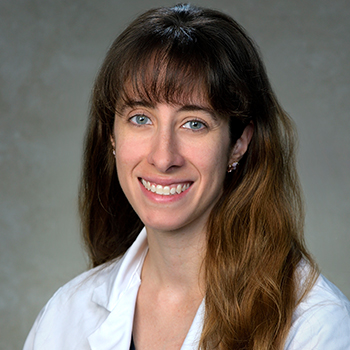
Jennifer Love, MD
Jennifer Love is an assistant professor of emergency medicine at the Icahn School of Medicine at Mount Sinai. She received her medical degree from the Perelman School of Medicine at the University of Pennsylvania. She trained in emergency medicine at the University of Pennsylvania where she also served as chief resident. Dr. Love completed a medical toxicology fellowship at Oregon Health & Science University. She also completed the NIH T32 training program in emergency care research and a Master of Clinical Research at Icahn School of Medicine at Mount Sinai. Her areas of interest include novel substances of misuse and mentoring women in medicine. Her current research focuses on clinical outcomes related to xylazine-adulterated opioids.
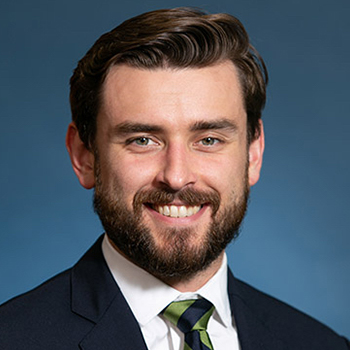
Simon Ostrowski, MD
Simon Ostrowski is a medical toxicology fellow at the University of Pittsburgh Medical Center. He is a graduate of Boston University and the University of Massachusetts Medical School. Simon completed his residency in emergency medicine at University of Pittsburgh Medical Center where he served as chief resident, and stayed in Pittsburgh for fellowship. His academic interests include wearable biosensor use in alcohol withdrawal, medication for opioid use disorder, emergency medicine systems/operations, and the intersection of toxicology and public health. In his free time he enjoys taking walks to the nearest coffee shop with his wife, daughter, and corgi.
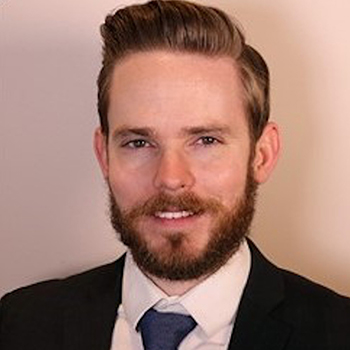
Michael Simpson, MD
Simon Ostrowski is a medical toxicology fellow at the University of Pittsburgh Medical Center. He is a graduate of Boston University and the University of Massachusetts Medical School. Simon completed his residency in emergency medicine at University of Pittsburgh Medical Center where he served as chief resident, and stayed in Pittsburgh for fellowship. His academic interests include wearable biosensor use in alcohol withdrawal, medication for opioid use disorder, emergency medicine systems/operations, and the intersection of toxicology and public health. In his free time he enjoys taking walks to the nearest coffee shop with his wife, daughter, and corgi.
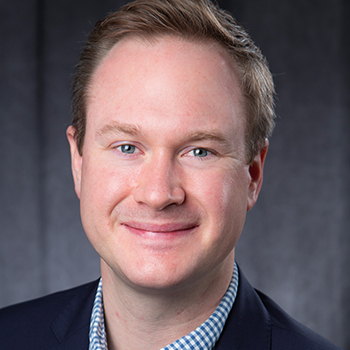
C. James Watson, MD
A native of Portland, Maine, Christopher James Watson, MD (James) earned his bachelor of arts degree in political science from Davidson College in 2011 and his medical degree from the University of Chicago Pritzker School of Medicine in 2017. He completed medical training in Boston at Beth Israel Deaconess Medical Center's Harvard Affiliated Emergency Medicine Residency (2020) and Boston Children's Hospital's Harvard Medical Toxicology Fellowship (2022).
Dr. Watson is board-certified in both Emergency Medicine and Medical Toxicology. In 2022, he joined Maine Medical Center, where he is core faculty for the emergency medicine residency program, practices as a medical toxicologist for the Northern New England Poison Center, and holds an appointment as Assistant Professor of Emergency Medicine at Tufts University School of Medicine. Dr. Watson is an active member of multiple national medical societies and serves on the American College of Medical Toxicology’s Clinical Practice & Position Statements Committee. Dr. Watson’s academic interests include the acute treatment of substance use disorders and resource utilization as it pertains to toxicology.
